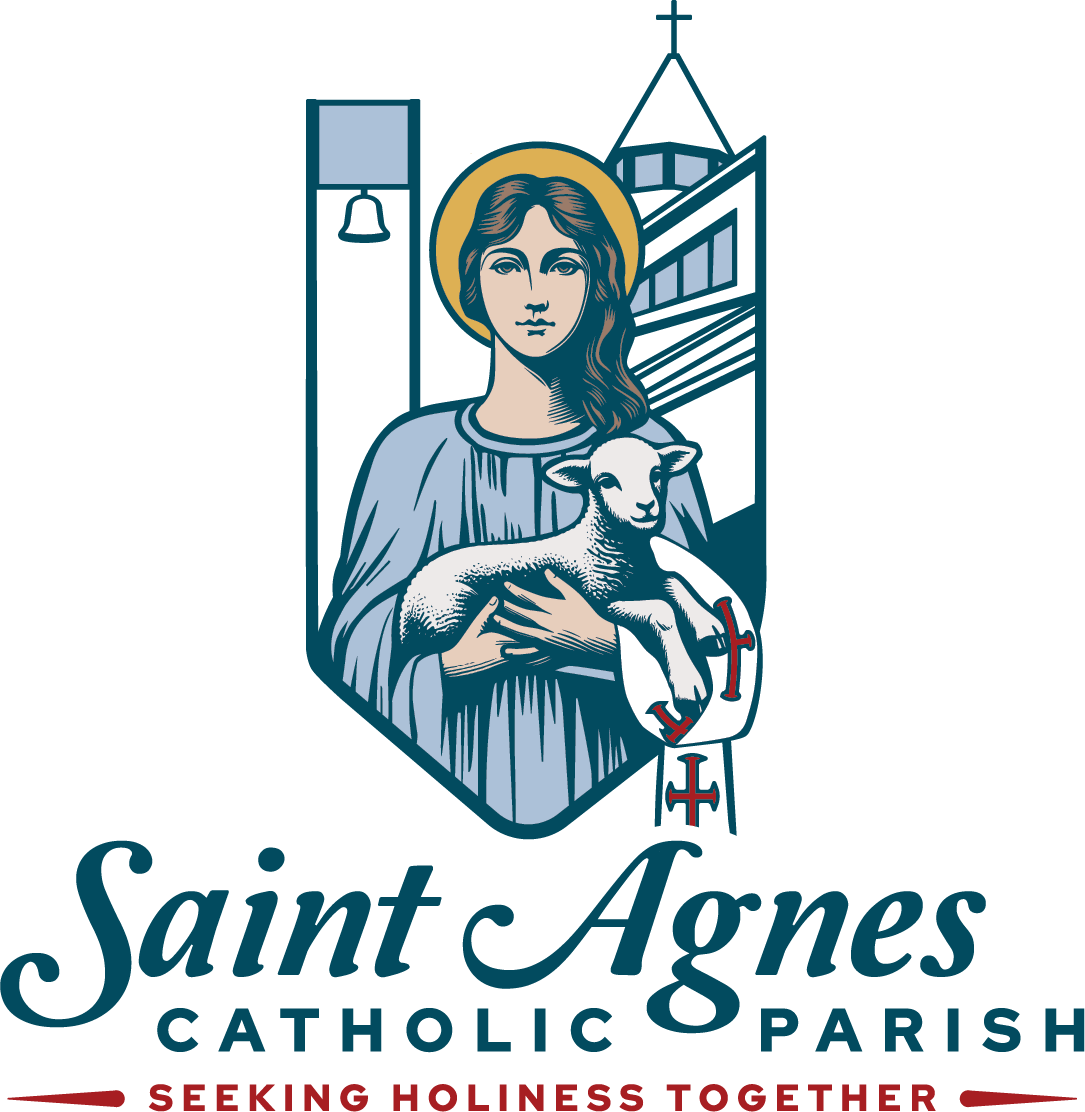17th Sun. OT Dcn. Bill
17 th Sunday in Ordinary Time- Feeding our Faith with Prayer
Ref. 2Kings 4:42-44, Ps 145:10-18 Jn 6:1-15 7-27/28-24 Dcn. Bill Kenney
As in the days of Jesus, we also pray in our need, “Give us this day our daily bread…” Bread and fish were staples of an early Middle Eastern diet. They are not uncommon commodities to feed the masses as we hear in today’s readings. St. John’s account of the feeding of the 5,000 men, plus women and children, is both a miracle and a symbolic depiction of a spiritually hungry Church.
In our prayer, we humbly ask for and give daily thanks for the blessings of faith, family, friends, health, food, clothing, etc... Do we ask for too much and too often from our heavenly Father? Never- he can handle it. To be clear, turning to God with our needs, and even our wants, is a good thing, not a bad thing. Jesus tells us God knows what we need before we ask, but he also teaches us to pray for our daily bread; to persevere in prayer and not lose heart. Every good gift comes from God. As we just prayed in the responsorial psalm, “The hand of the Lord feeds us; he answers all our needs.” Our need can and should incite us to prayer to ask God for his gifts — but the one gift of God we need above all is prayer itself! Even more important, our greatest need is not the gifts, but the divine Giver!
If our hearts are resolute for seeking the glory of God and His kingdom, we hear from Jeremiah, “Then when you call upon me and come and pray to me, I will hear you.” Prayer is God’s way for us to receive what we need from Him. By the grace of God, our lives and faith are fed and nourished to do his will through prayer and his Word.
Jesus teaches and demonstrates in today’s Gospel reading a wonderful caring for the “sheep without a shepherd”, as we heard last week. He spent hours healing them, but also teaching them. He anticipates their needs after a long journey. When they were hungry, he fulfilled their needs, as a shepherd does. Jesus super-abundantly reenacts the multiplication of the loaves from the Prophet Elisha’s account in 2 nd Kings, which was 800 years earlier. They even filled twelve doggie-baskets with all the leftovers!
The hungry followers who gather around Jesus in this scene are symbolic of the hungry human race, starving, needy from the time of Adam and Eve, for what will satisfy. We have tried to fill up the emptiness with wealth, pleasure, power, and pride but none of it satisfies. The love and benevolence of God is what satisfies all our needs. From Phillipians, “ My God will fully supply whatever you need, in accord with his glorious riches in Christ Jesus. ”
Are we not the same as our ancestors: a continuously hungry people of God? Do we doubt the power of God to answer our prayers and fulfill our needs? In our readings, doubt is expressed in 2 nd Kings, “How can I set this before a hundred people?” and in John’s Gospel, Phillip speaks in cynicism, “Two hundred days’ wages worth of food would not be enough for each of them to have a little.” We are called to pray, not in disbelief, but in confidence, thanksgiving, and praise. Our confident access to God, is made possible by the priestly work and prayerful example of Jesus to his Father.
We long for fulfillment and satisfaction given us through our faith and love of God. We gather as Church, a community of the faithful, to witness and receive the glory of Jesus in the Eucharist. At each Mass, John’s Gospel feeding is repeated and vastly upgraded: multiple hosts are consecrated, made holy, to feed the masses. Our prayers are answered at each Mass when we take in the true presence of Jesus into our bodies, becoming more like him in relationship and worship of the Father; uniting us as a people of God.
And how does this Eucharist affect our daily lives? Does it fill and satisfy us as disciples of Christ? As disciples we are called to
multiply this grace to fill the needs of others. Our brothers and sisters are hungry, needy for life-sustaining and spiritual nourishment. Bishop Robert Barron reminds us of a harsh reality: (quote),“Think of how many Catholics are absent from the Mass and the Eucharist and confession or even daily prayer. This spiritual mal nourishment is one of the biggest problems facing our Church” (unquote). We are called from our Confirmation to reach out and feed these hungry ones in confident prayer and by the corporal and spiritual works of mercy- for example volunteering at soup kitchens and food pantries and in celebrating together the sacraments, especially the Eucharist. For those who are Catholic but just don’t know or live the faith yet, we can introduce them to the OCIA process, welcoming them into the Church, feeding and satisfying them with our faith and love of Christ.
As our good shepherd, may the Lord guide and bless us in all our endeavors making us instruments of God’s grace. May we pray in our need with confidence, thanksgiving, and praise to our Father. Through our prayer and good works may we, through the Holy Spirit, spiritually and physically feed and satisfy those in need, for their salvation and for the glory of God.


